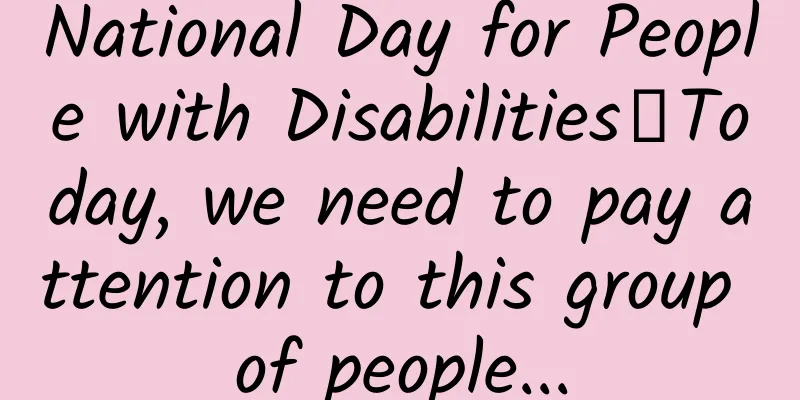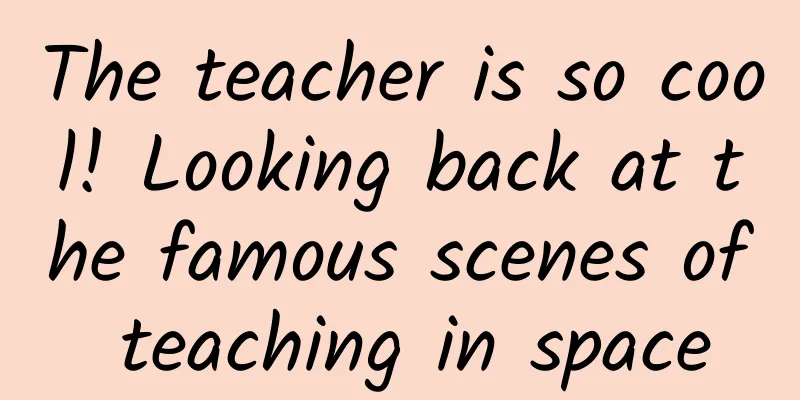Finally decided, Apple completely gave up on under-screen fingerprint recognition, iOS15.4 made great contributions

Double unlock?Is Face ID the future, or is Touch ID the future? Apple was once entangled in this question. After all, under the influence of the epidemic, wearing a mask when going out has become a norm. Since most of the face is covered, Apple's proud Face ID has lost its use overnight. As a senior Apple fan, I can say responsibly that when I go out, I basically enter the password to unlock my phone, and the opportunity to use Face ID is very rare. Because of this, the "unlocking experience" of the iPhone has become a deduction item, and countless Apple fans are calling on Apple to return to the fingerprint unlocking solution. Some time ago, it was revealed that Apple is testing under-screen fingerprint recognition. If everything goes well, it may be first installed on the iPhone 14 Pro, that is, the exclamation mark hole screen + under-screen fingerprint dual unlocking solution. There shouldn't be two answers to one question.However, according to my understanding, "dual unlocking" does not conform to Apple's design philosophy. Apple's product concept is minimalism, and its core thinking is "less is more". There should not be two answers to a question. 2D face is used to unlock the phone, and the fingerprint under the screen can only be used for payment scenarios - this bloated design is something Apple cannot do. From all indications, Apple does not seem to be willing to return to the era of fingerprint unlocking. After all, it is too embarrassing to pick up something that has been abandoned. Moreover, Face ID is Apple's original selling point, and giving it up is equivalent to cutting off one's own arms. Apple's product line distribution is very rigorous. Mid- and low-end products use fingerprint unlocking, such as iPhone SE2, iPad Air4, and iPad mini6, which do not support Face ID: High-end products are equipped with Face ID, such as iPhone 13, iPad Pro, etc. In other words, Apple's ultimate direction should be to choose between face and fingerprint, with a clear distinction between high-end and mid- and low-end. Apple officially abandons under-screen fingerprint recognitionThe situation is beginning to reverse. As we all know, after the iPhone 12 and iPhone 13 series are upgraded to iOS15.4, they can already support "mask unlocking", and the user can operate it completely without feeling. The system can automatically recognize whether you are wearing a mask. The security level of "mask unlocking" can reach the payment level, and the recognition speed is no different from that in normal state. iOS 15.4 can be said to have made great contributions. Once the "mask unlocking" function was launched, Apple fans cheered collectively. It can be said that although iOS 15.4 is still in the testing phase, Apple has proved with practical actions that Face ID can coexist with masks. According to insider information provided by LeaksApplePro, Apple has finally made a final decision, and the action can be divided into three points. First, Apple engineers will no longer develop under-screen fingerprint recognition for the iPhone; second, Apple has transferred employees and resources from the Touch ID team to the Face ID department; third, "mask unlocking" will become a standard feature of Face ID in the future. In short, Apple has completely abandoned under-screen fingerprint recognition, and Face ID has become the only direction. |
<<: Mobile domain full-link observability architecture and key technologies
Recommend
A big bet: A detailed analysis of the 2.3 billion "bet" between LeEco and "The Great Wall"
Two years after Coming Home, director Zhang Yimou...
How to play with short videos in information flow? 5 ideas + 3 case references!
Advertising has been evolving, have your marketin...
How to motivate new users? Take Meituan as an example
I believe most of you know the significance of ne...
Server rental cloud server rental 618 mid-year promotion discount price
Cloud server BCC intensive computing IC2 CPU Memo...
iPhone 6C leak is not a failure, it is good for Apple
On May 31, Forbes Online published an article sig...
Stuffy nose? Your understanding of nasal congestion may be wrong...
Leviathan Press: I guess many people who have bee...
Can Huabei and Jiebei ask someone to increase their credit limit? Alipay: Beware of these 4 new scams
Today, Alipay has popularized the four new scams ...
You can use Xposed without Root!
Xposed is a well-known framework on the Android s...
194 confirmed cases in 6 days, why is it Manzhouli? How much pressure do we have from overseas imports?
According to the sixth press conference held by t...
Seven techniques for choosing titles, 24 case studies
1. The first-person perspective is what I see, wh...
Amazing Oracle: Are rabbit and rabbit just a little bit different?
"Little white rabbit, so white, with two ear...
I keep coughing after catching a cold. Is there still inflammation? What medicine should I take?
A friend told Huazi that he kept coughing after c...
Are black takeaway spoons poisonous? Do you still dare to use them?
Editor: Gong Zixin When you order takeout, do you...
In-depth | A full explanation of the principles of Toutiao’s recommendation algorithm
Nowadays, algorithm distribution has gradually be...
How to identify pharmaceutical advertisements?
Drug promotion activities can be identified as dr...









